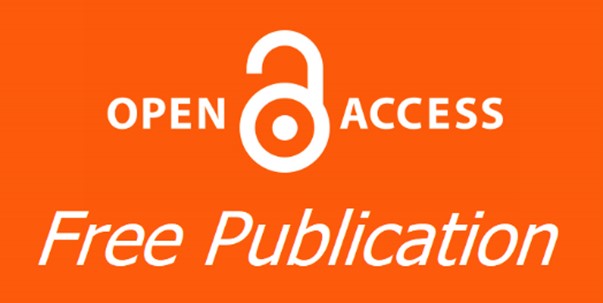Document Type
Original Study
Abstract
Aim: The aim of this study was to evaluate immunohistochemical expression of podoplanin among some benign and malignant variants of ameloblastoma. Material and methods: Thirty seven benign ameloblastoma (AB) tumors werecollected, (six cases of follicular AB, three cases of acanthomatous AB, four cases of granular AB, three cases of basal cell AB and seven cases of plexiform pattern AB), three cases of desmoplastic AB, four cases of peripheral AB and seven cases of unicystic AB (three cases of luminal, two cases of intraluminal and two cases of mural) and eighteen malignant variants of ameloblastoma tumors were collected as paraffin embedded blocks. Immunohistochemical investigation using podoplanin antibody was done for all specimens. Results: The mean area percent of immunoexpression was greatest inmalignant variants of ameloblastoma, followed by benign variants of ameloblastoma tumors and the least value recorded in acanthomatous ameloblastoma. The mean area percent of immunoexpression was greater in plexiform ameloblastoma in comparison to follicular ameloblastoma. The mean area percent of immunoexpression was greatest in ameloblastic carcinoma. Conclusions: Podoplanin is associated with the malignant transformation risk and is a potent biomarker for risk assessment in oral malignant transformation.
Keywords
Podoplanin; Immunohistochemistry; ameloblastoma variants
How to Cite This Article
Habba, Doaa; Abo Hager, Eman; and Shouman, Adel
(2017)
"Podoplanin Protein Expression in Some Benign and Malignant Variants of Ameloblastoma (An immunohistochemical study),"
Al-Azhar Journal of Dentistry: Vol. 4:
Iss.
4, Article 1.
DOI: https://doi.org/10.21608/adjg.2017.5280








